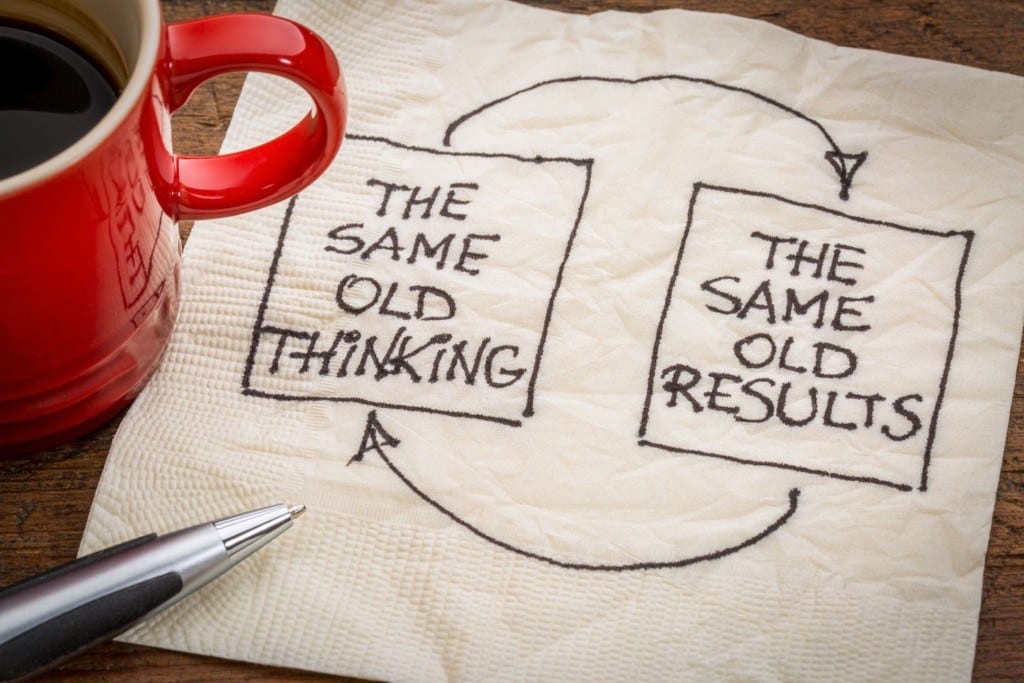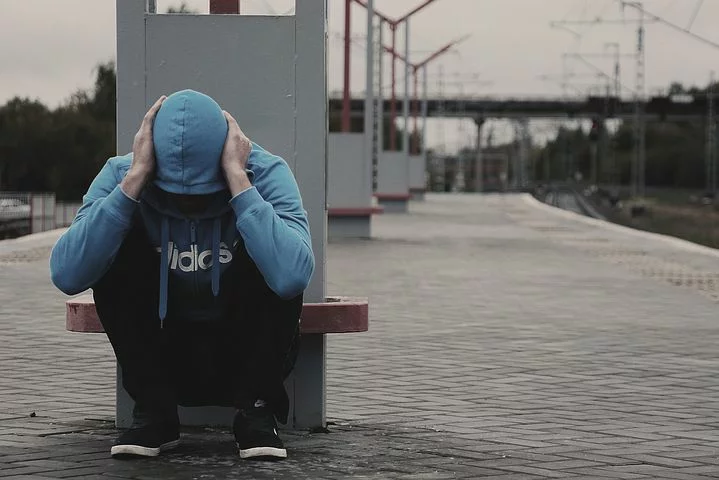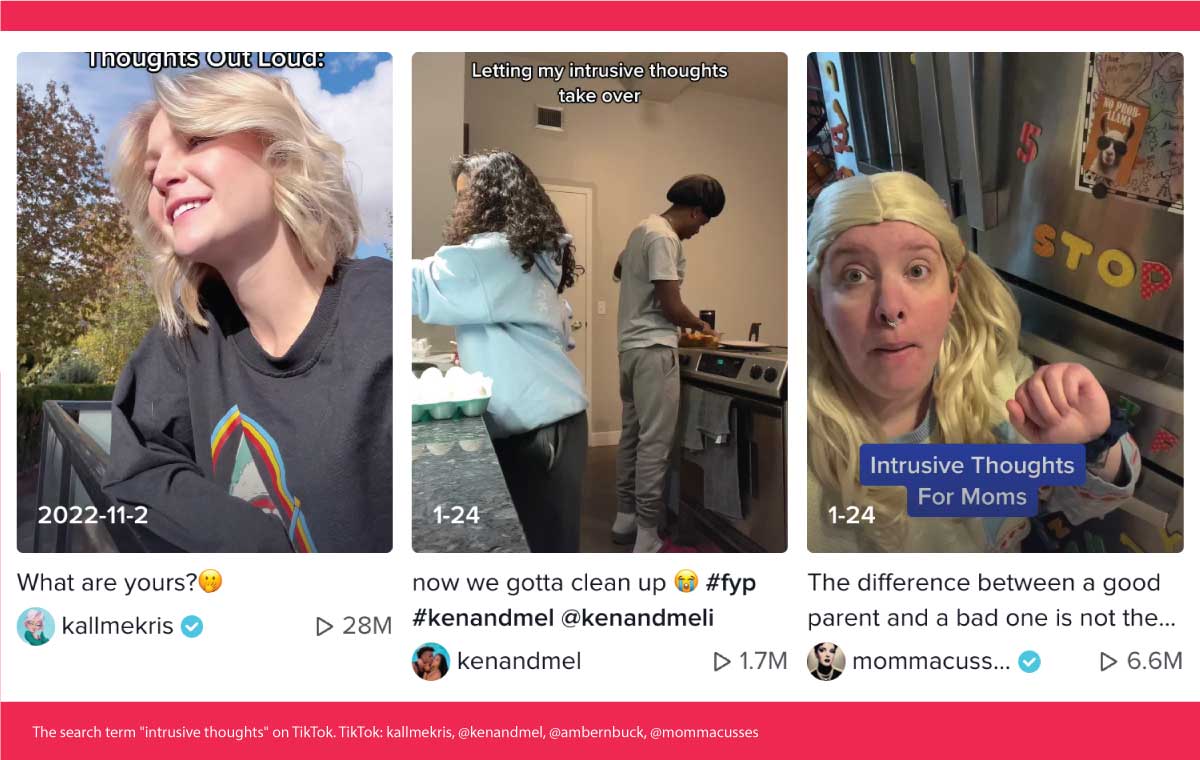Anyone who suffers from an anxiety disorder knows that anxiety is more than just nervousness. Anxiety can be frightening and even paralyzing. It can make you physically ill and hold you back from being your best self. Anxiety can also lead to addiction. When you feel constantly anxious, you will do anything just to get some relief.
Xanax is one of the most commonly prescribed medications in the world and it is typically prescribed for anxiety and insomnia. It works well for occasional use. Xanax starts working in less than an hour and keeps working for several hours, perfect to get you through a tense situation, or let you fall asleep at the end of a hard day. Unfortunately, Xanax and other benzodiazepines are also very addictive. You can form a physical dependence in as little as two weeks of daily use. Once physical dependence has formed, you have to taper off slowly, or risk dangerous side effects such as seizures.
If you struggle with anxiety or if you struggle with benzodiazepine dependence as a result of anxiety, there are alternatives to taking addictive medication to keep your anxiety under control. Here are some ways to manage anxiety without Xanax.
Cognitive Behavioral Therapy
Cognitive behavioral therapy, or CBT is a method of psychotherapy backed by decades of empirical research. It has been shown to be effective in treating a range of conditions, including anxiety and addiction. The core idea of CBT is simple: your thoughts affect your emotions. We all rely on some faulty and distorted thinking patterns such as all-or-nothing thinking, catastrophizing, or overgeneralizing. These thoughts often seem reasonable to us, but in fact are irrational and cause us all kinds of pain. A skilled CBT therapist can help you identify faulty thinking, challenge it, and replace it with more positive and productive habits of thought. This typically takes about eight to 10 weeks, during which time people notice many positive changes. Best of all, CBT has been shown to be at least as effective as medication for many conditions.
Exposure Therapy
Exposure therapy is a specific method within CBT. It’s a way of becoming more comfortable with whatever makes you anxious. When we’re afraid of something, our natural response is to try to avoid it. Unfortunately, this just makes the anxiety worse, and often leads to addiction. Expose therapy gradually exposes you to the thing you fear, whether it’s spiders or meeting new people. For example, if you’re afraid of flying, you might start by looking at a photo of the interior of a plane, and practice controlling your anxiety. Then you might move on to a video of someone flying. The last step would be to actually board a flight. It may not be easy by then, but it should be possible.
Medication
Not all anxiety medication is addictive. The most common medication prescribed for anxiety are SSRIs, commonly known as antidepressants. These are thought to improve your mood by increasing the concentration of serotonin in your brain. The main drawback of SSRIs is that they take about four to six weeks to start working, so they are more of a long-term treatment option and won’t offer much immediate relief. Also, if you decide to quit taking them, you have to taper off gradually. They do have some side effects, but they are not as bad as the cognitive impairments caused by benzodiazepines.
Exercise
Exercise is one of the best things you can do for anxiety. It has been shown to increase serotonin levels similar to SSRI medications. It also increases levels of brain-derived neurotrophic factor, or BDNF, which actually helps neurons grow and form new connections in the brain. Exercise has been shown to improve executive functioning, which includes skills like attention, self-control, planning, working memory, and cognitive flexibility. These skills not only help us act more effectively, but they also protect us from stress and anxiety by allowing us to better regulate our thoughts and emotions. According to current research, moderately intense aerobic exercise, for at least twenty minutes seems to have to most positive effect on the brain. However, recent research has also shown that higher intensity exercise such as weight lifting can also have a positive effect on mood.
Meditation
In the past 20 years, meditation has gone from a fringe interest–in the West, at least–to a scientifically validated practice. Several well-studied treatment methods now incorporate meditation. These include mindfulness-based cognitive therapy, or MBCT, mindfulness-based stress reduction, or MBSR, and acceptance and commitment therapy, or ACT. Other methodologies such as dialectical behavioral therapy don’t explicitly use meditation, but they do emphasise mindful acceptance of emotions, which meditation can help with. At its core, meditation is just being aware of what’s happening in your head. You gradually learn to separate yourself from your thoughts and accept yourself as you are. This increased awareness of your thoughts helps you identify and challenge distorted thinking, which makes CBT more effective.
Sleep
People often overlook the power of sleep to keep us physically and mentally healthy. Not getting enough sleep can actually cause anxiety disorders. Sleep is when your body and brain recover from the stress of the day. If you’re not getting enough sleep, that deferred maintenance begins to accumulate, causing stress and inflammation. When you don’t get enough sleep at night, your brain compensates with micro-sleeps. It briefly turns off certain parts of the brain to give them a chance to recover. You’re technically still awake, but you’re not functioning at full capacity. Having a half-awake brain makes it much harder to focus and control your thinking, and you are much more likely to experience stress and anxiety.
Xanax has its place, but you should be very careful about how much you use it. And if you have had issues with addiction, it’s best to avoid it entirely. The good news is that other interventions such as therapy, meditation, exercise, and getting plenty of sleep can have a major impact on anxiety with none of the dangerous side effects.
If you’re struggling with addiction or an anxiety disorder, The Dawn Medical Rehab and Wellness center can help. We are one of Thailand’s most respected addiction treatment and wellness centers. We use cutting-edge treatment modalities to provide personalized care to treat addiction, depression, anxiety, bipolar disorder, personality disorders, PTSD, and executive burnout. See our contact page to reach us by phone or email.
Related Posts
 Hooked on Anxiety Meds? How to Tell if You Have a Valium or Xanax Addiction
Are you someone who suffers from panic attacks and sleeplessness due to anxiety? If so, you may have been prescribed anxiety medication by your GP. Valium and Xanax are benzodiazepines...
Hooked on Anxiety Meds? How to Tell if You Have a Valium or Xanax Addiction
Are you someone who suffers from panic attacks and sleeplessness due to anxiety? If so, you may have been prescribed anxiety medication by your GP. Valium and Xanax are benzodiazepines...
 Why Cognitive Behavioural Therapy is an Effective Tool for Addiction Treatment
If you or a loved one are struggling with alcohol or drug addiction and facing a daily battle to stop, it’s time to consider cognitive behavioural therapy for addiction treatment....
Why Cognitive Behavioural Therapy is an Effective Tool for Addiction Treatment
If you or a loved one are struggling with alcohol or drug addiction and facing a daily battle to stop, it’s time to consider cognitive behavioural therapy for addiction treatment....
 How to Treat Anxiety – the Most Effective Ways to Stop Anxiety from Taking Control of Your Life
Everyone experiences anxiety on occasion. It is often a useful, effective and healthy reaction to heightened stress. Likewise, it is something that we can understand and resolve. However, some people...
How to Treat Anxiety – the Most Effective Ways to Stop Anxiety from Taking Control of Your Life
Everyone experiences anxiety on occasion. It is often a useful, effective and healthy reaction to heightened stress. Likewise, it is something that we can understand and resolve. However, some people...
 What Intrusive Thoughts Are – and When Do They Signal a Problem
You’re in the middle of sweeping your kitchen when suddenly a disturbing thought appears in your mind. Where did it come from? What does it mean? And most importantly, should...
What Intrusive Thoughts Are – and When Do They Signal a Problem
You’re in the middle of sweeping your kitchen when suddenly a disturbing thought appears in your mind. Where did it come from? What does it mean? And most importantly, should...





